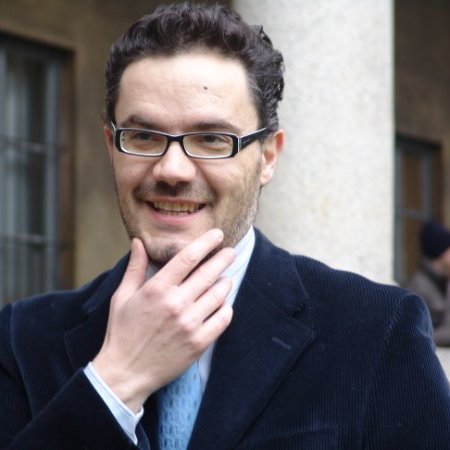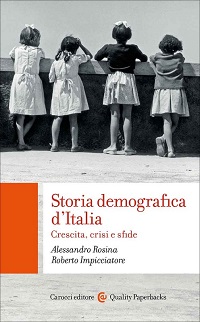| 02/03/2018 | |
| THE ATLANTIC |

CASTELFRANCO VENETO, Italy—Eleonora Pettenuzzo, an 18-year-old high school student in this town of 33,000 about an hour’s drive outside Venice, doesn’t pay much attention to politics. Political headlines in Italy, she said, are “always about some scandals or corruption” and include “no messages to young people.”
When I asked Pettenuzzo who she planned to vote for in the March 4 national elections—her first—she said she is leaning towards the nine-year-old Five-Star Movement. “The other parties … have already ruled during the last decades. The results of their government weren’t so good, so much so that they have led to a deep crisis,” she told me. The Five-Star Movement, by contrast, is a populist party founded as an internet-driven, anti-establishment movement by comedian Beppe Grillo. Even if it has its own share of scandals, Pettenuzzo said, it “tries to be transparent and [its] ideas are explained clear in its online site, which is easily accessible and understandable from everyone.”
As Italy’s campaign kicks into high gear, young voters like Pettenuzzo are increasingly turning away from traditional centrist parties and toward populist parties like the Five-Star Movement and the right-wing, anti-immigration Lega (or “League,” formerly known as the Northern League). Fed up with what they see as a political establishment that ignores their problems, including high unemployment and waning opportunity, young people are helping shift the Italian political landscape in ways that could reshape the country’s future.
Lorenzo Pregliasco, a pollster in Italy with Quorum/YouTrend, told me that pre-election polling is “consistent with the view of young people tending to go toward fresher, newer options.” A survey conducted by his firm earlier this month found the Five-Star Movement winning the support of 31 percent of those aged 18 to 22 and 35 percent of those aged 23 to 28, both higher than the average support for the party among the total electorate. By contrast, Forza Italia, whose figurehead is the 81-year-old former prime minister Silvio Berlusconi, garnered the support of just 15 percent of 18- to 22-year-olds and 19 percent among 23- to 28-year-olds. The center-left Democratic Party, which currently leads the government, was the choice of 20 percent of 18- to 22-year-olds and 17 percent of 23- to 28-year-olds.
Can Europe Enforce Its Founding Ideals? “Young Italians are, in general, very frustrated by their condition and disappointed by the current political situation,” Alessandro Rosina, a Milan-based professor who helped conduct a study on Italian youth for the Toniolo Institute, told me. “The traditional parties are the main [people] accused by the Italian millennials: because they failed to improve their condition during the past governments, because they are not in tune with their language and their demands.”



